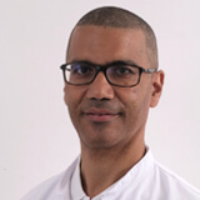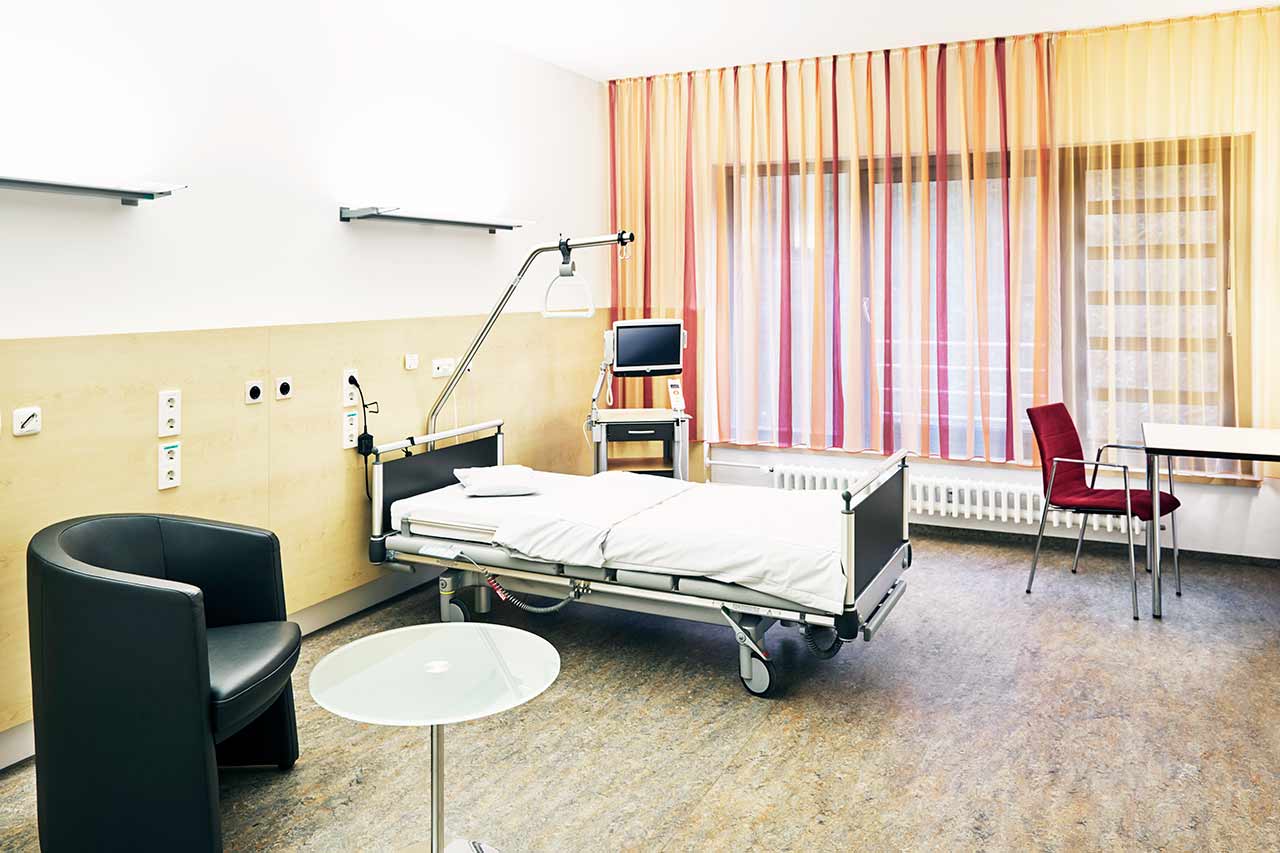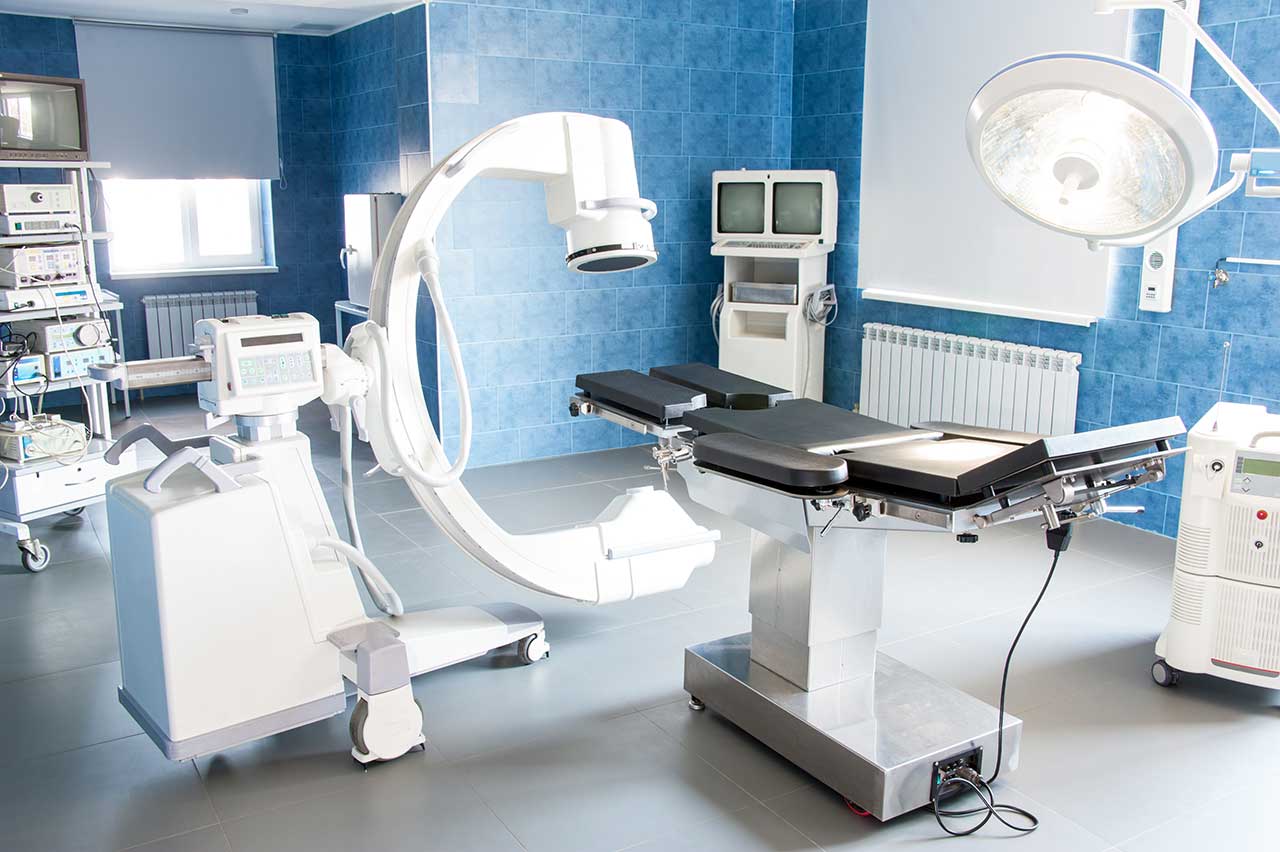
The program includes:
For 2 weeks before birth:
- Initial presentation in the clinic
- clinical history taking
- physical examination
- review of medical records
- laboratory tests:
- complete blood count
- biochemical analysis of blood
- indicators of inflammation (CRP, ESR)
- indicators blood coagulation
- pelvic ultrasound
- gynecological examination:
- transvaginal ultrasound
- colposcopy
- scraping with subsequent analysis
- fetal examination:
- 3 D sonography
- determine fetal position before delivery
- CTG
- nursing services
- treatment by chief physician and all leading experts
- maintaining an obstetrician until birth
Day of birth
- gynecological examination
- fetal examination
- preparation according to preoperative standard
- cesarean section
- symptomatic treatment
- control examinations
- the cost of essential medicines and materials
- nursing services
- full hospital accommodation
- explanation of future recommendations
After birth
- maintaining an obstetrician after birth
- examination during the postnatal period (during the first three weeks)
- control gynecological examinations during the postnatal period
- the first pediatric examination of the newborn
Required documents
- Medical records, obstetric history
Service
You may also book:
 BookingHealth Price from:
BookingHealth Price from:
About the department
The Department of Gynecology and Obstetrics at the Marien Hospital Duesseldorf offers accurate diagnostics and effective treatment of the full range of diseases of the female reproductive system. It also provides high-quality obstetric care, including pregnancy management in all trimesters, childbirth and postpartum care. Of particular interest to the department's gynecologists is the treatment of malignant tumors of the female reproductive system – endometrial, cervical, ovarian and vulvar cancers. The medical facility also admits women with benign gynecologic pathologies. Patients receive effective conservative and surgical treatment that meets modern medical standards. In most cases, surgical interventions are performed using minimally invasive techniques, so recovery after surgery proceeds much faster. In addition, minimally invasive surgery guarantees a good aesthetic result. More than 1,500 patients undergo inpatient treatment in the department annually, which indicates an excellent medical service. The department is headed by Dr. med. Alexander Dadze.
Of particular interest in the field of gynecology is the treatment of oncological diseases of the female reproductive system. The specialists most often deal with the treatment of endometrial, cervical, ovarian and vulvar cancer. The first-line therapy is usually surgical resection of the tumor, if possible, organ-sparing. Unfortunately, surgery is not always enough to cure cancer. In such cases, doctors resort to modern regimens of chemotherapy, radiation therapy, hormone therapy and other conservative methods. Each case of oncology is considered individually, therefore, comprehensive diagnostics is followed by the development of a treatment regimen adapted to the patient's disease. Treatment tactics are determined during an interdisciplinary tumor board, which involves gynecologists and doctors of related medical specialties. After the successful completion of the course of treatment, doctors recommend the patients carefully monitor their health and undergo regular follow-up examinations. Such an approach allows the doctors to prevent the development of recurrence or to detect it in the early stage, when it is possible to provide the most effective treatment.
Such benign pathologies as uterine fibroids, endometriosis, urinary incontinence, pelvic organ prolapse, chronic lower abdominal pain of unclear genesis, and others are among the most common gynecologic diseases in the department's clinical practice. To treat uterine fibroids, doctors carry out organ-preserving surgery or uterine artery embolization – open interventions are not performed. Urinary incontinence in the early stages can be eliminated conservatively, with the use of biofeedback, electrical stimulation, drug therapy, special therapeutic exercises, etc. However, in severe cases of urinary incontinence, surgery may be required.
A special focus of the department's work is obstetrics. More than 950 babies are born here annually. Obstetricians have a rich arsenal of modern methods for monitoring the course of pregnancy and childbirth. The department has three excellent delivery rooms, as well as 20 beds for pre- and postpartum care.
The medical team consists of general practitioners, obstetricians, nurses with special training in child and maternal care, lactation consultants and physiotherapists. The specialists cooperate closely to provide women with safe, customized, comprehensive care during pregnancy, childbirth and the postpartum period. The specialists also provide patients with support and advice on the proper care for the baby.
It is worth noting that all modern methods of pain management during childbirth are offered to patients, for example, homeopathy, acupuncture, and aromatherapy. Epidural anesthesia can also be used. The range of services includes special programs for preparing young couples for the birth of a child, psychosocial counseling for pregnant women, etc.
The highest quality of the department's services is confirmed by prestigious certificates, including the BABY FREUNDLICH certificate in the field of outstanding obstetric services, and the certificate of the Working Group on Gynecologic Oncology for the successful results in cancer treatment in women.
The department provides diagnostics and treatment of the following gynecologic diseases:
- Diseases of the intimate zone
- Genital warts (condyloma)
- Acne inversa
- Malignant diseases of the intimate zone (rare disease)
- Uterine diseases
- Fibroids (benign uterine tumors)
- Uterine polyps (on the cervix or in the uterine cavity)
- Pathological changes in the cervix
- Cervical cancer
- Ovarian diseases
- Cysts
- Inflammatory ovarian diseases (up to abscesses)
- Ovarian cancer
- All forms of urinary incontinence in women
- Vaginal and uterine prolapse
- Vaginal bleeding
- Chronic abdominal pain (caused by pathologies of the female reproductive system)
- Endometriosis and endometrial cancer
- Vulvar cancer
- Other gynecologic diseases and pathological conditions
The department's range of medical services includes:
- Gynecology
- Minimally invasive surgery (laparoscopy)
- Laparoscopy to determine the causes of abdominal pain of unknown origin or problems with conception
- Organ-preserving surgery on the ovaries and fallopian tubes for benign neoplasms
- Surgery for ectopic pregnancy
- Organ-preserving surgery for uterine fibroids
- Partial or total uterus removal (LASH or TLHE techniques)
- Surgical treatment of cervical cancer (depending on the stage of the disease)
- Hysteroscopy (for example, to remove fibroids, endometrial curettage for chronic bleeding)
- Conservative therapy
- Uterine artery embolization for uterine fibroids
- Treatment of urinary incontinence (using a special tape)
- Urethral elevation with gel or hyaluronic acid injections
- Treatment of uterine prolapse and urinary incontinence
- Classic surgical interventions
- Modern method – placement of a special mesh (under the bladder or above the intestines)
- Sparing surgical interventions
- Laser techniques, for example, for cervical conization
- Bi-Clamp technique (most commonly used for laparoscopy and hysterectomy)
- Minimally invasive surgery (laparoscopy)
- Obstetrics
- Pregnancy management in all trimesters
- Childbirth (natural childbirth and C-section)
- Postpartum care for mother and baby
- Other therapeutic options
Photo of the doctor: (c) Marien Hospital Düsseldorf
About hospital
The Marien Hospital Duesseldorf is a modern medical facility in the very center of Duesseldorf and a recognized Research Center. The foundation stone of the hospital was laid back in 1864 with the support of the Catholic Church. The Christian principles of helping and supporting patients have not changed at all over the years, but the level of medical care has become fundamentally different: a small hospital has been transformed into a multidisciplinary medical center with 11 internal departments, institutes and 7 interdisciplinary centers. Thus, patients can receive a comprehensive diagnostic examination and treatment under one roof. The medical facility is an academic hospital, so patients have access to innovative achievements in the field of modern medicine and receive the most effective treatment.
The hospital has 437 beds for inpatient treatment. It provides first-class medical services to 63,000 patients every year. The doctors and nursing staff of the hospital strive to provide each patient with customized treatment, taking into account their wishes and needs. In addition to providing top-class medical care, the specialists pay attention to the humane attitude towards patients and their life situation. Doctors devote enough time to personal communication with patients and support them in every possible way on their path to recovery.
The team of the hospital consists of competent doctors who are the best professionals in their medical field. They all work in interdisciplinary cooperation. In their clinical practice, doctors use state-of-the-art equipment, the very latest technologies, as well as innovative treatment methods, which in combination allows achieving optimal treatment outcomes.
Photo: (с) depositphotos
Accommodation in hospital
Patients rooms
The patients of the Marien Hospital Duesseldorf live in comfortable patient rooms equipped with everything necessary. The room furnishing includes a comfortable bed with an orthopedic mattress, a bedside table, a wardrobe, a table, chairs, and a TV. The rooms are designed in light colors so that patients feel comfortable here. Each patient room also has an ensuite bathroom with shower and toilet.
Meals and Menus
The patients of the hospital are offered a healthy and balanced three meals a day: buffet breakfast, lunch and dinner. The menu also includes dietary and vegetarian dishes.
If for some reason you do not eat all the foods, you will be offered an individual menu. Please inform the medical staff about your food preferences prior to treatment.
Further details
Standard rooms include:
Religion
Religious services are available upon request.
Accompanying person
Your accompanying person may stay with you in your patient room or at the hotel of your choice during the inpatient program.
Hotel
You may stay at the hotel of your choice during the outpatient program. Our managers will support you for selecting the best option.





